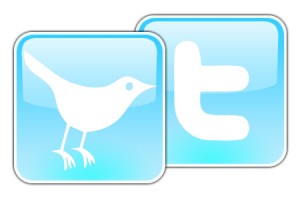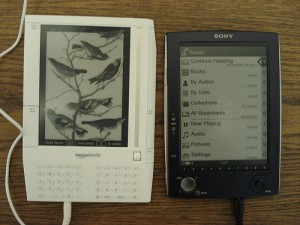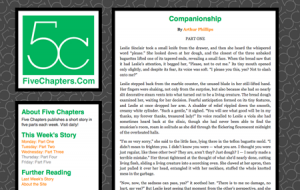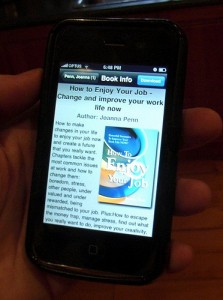The Best Sentences, One Tweet at a Time
by Celeste Ng
New York Magazine book critic Sam Anderson is running a literary Twitter experiment — and no, this isn’t a Twitter novel. In fact, it’s almost the exact opposite. Anderson tweets the best sentence he reads each day, and as he points out, “‘Best,’ in this context, can mean almost anything: funny, beautiful, enlightening, stylistically amazing.” A few of his selections: “Rain patters on a sea that tilts and sighs.” (philip larkin, ‘absences’) I think that at least a third to half of all MFA seats should be reserved for people with families. (junot diaz, panorama interv. w eggers) “But according […]



























